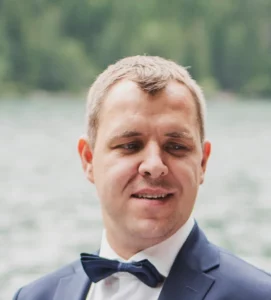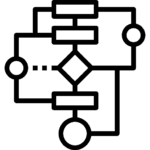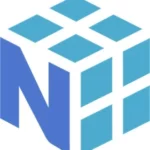Overview
This course is designed for engineers, analysts, and technical professionals who want to gain practical data science skills using Python. The training focuses on real-world applications such as production monitoring, quality analysis, and process optimization.
Participants will learn how to work with data using industry-standard Python libraries, perform exploratory analysis, build visualizations, and create machine learning models using real engineering data. The course includes a final mini-project tailored to your company’s domain, allowing immediate transfer of knowledge into practice.
Requirements
Solid understanding of Python (data types, functions, loops, classes).
Certificate
Participants receive a certificate of completion of the authorized Softinery course.
Python for Data Science – Syllabus
What Our Customers Have To Say
Michael
“Softinery course is a perfect opportunity for students to upgrade their skills. I feel have strong foundation based on which I can progress with the projects that interest me.”
Guest
“The course is great for anyone trying to get started in pandas and numpy. Above all, It was challenging and relevant. Highly recommend this course..”
Ivan
“The right blend of teaching and practicing. Simon is a great teacher and very patient in helping you. I feel confident in my ability to continue my python learning independently.”
Instructor

PhD Eng. Szymon Skoneczny is a former university professor specialized in mathematical modelling. He has also worked for international companies like Electricite de France, Siemens and ArcellorMittal.

Over 3000 hours of tutoring

Specialized in mathematical modelling

Over 40 scientific articles

Experienced in algorithms and high-performance computations








